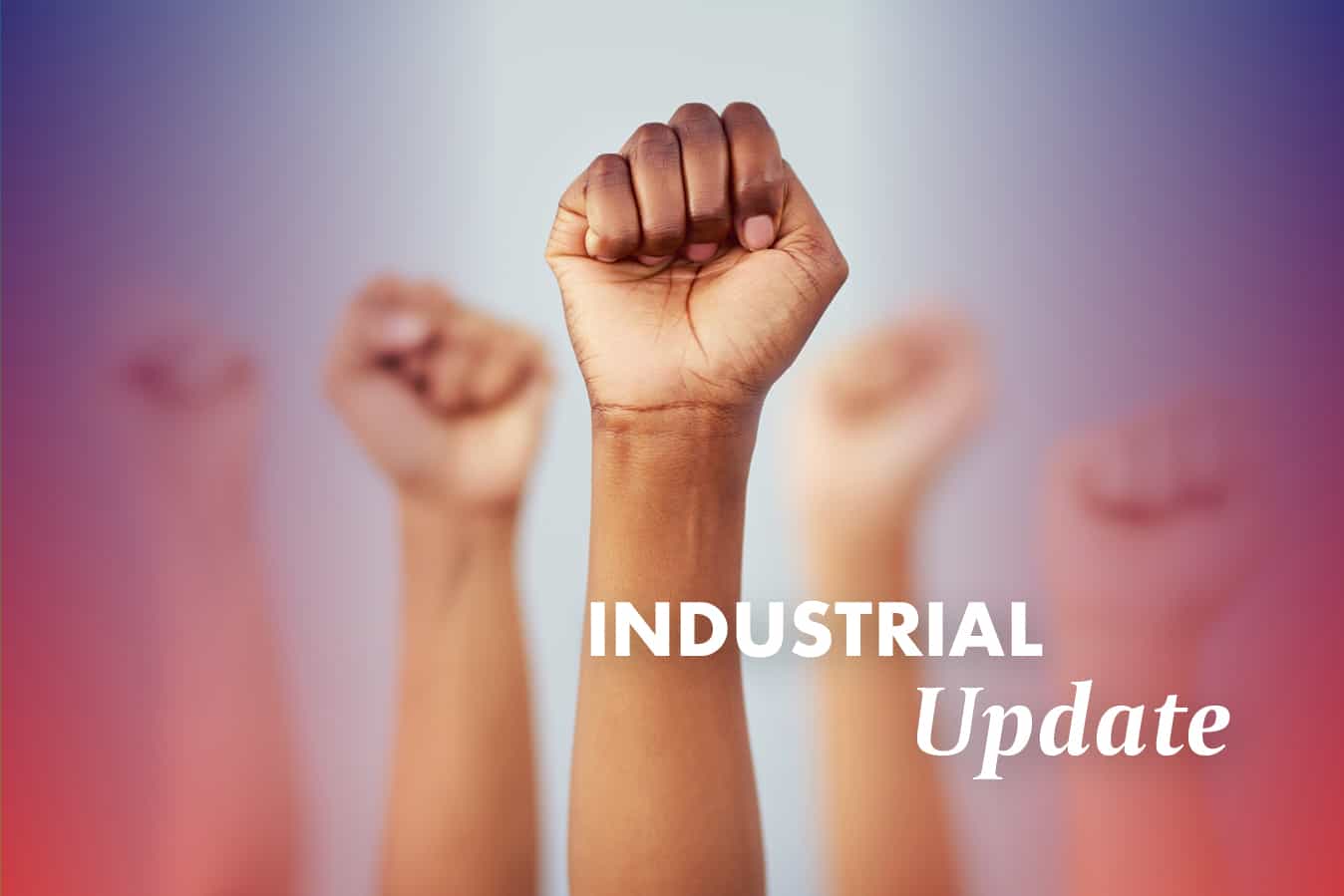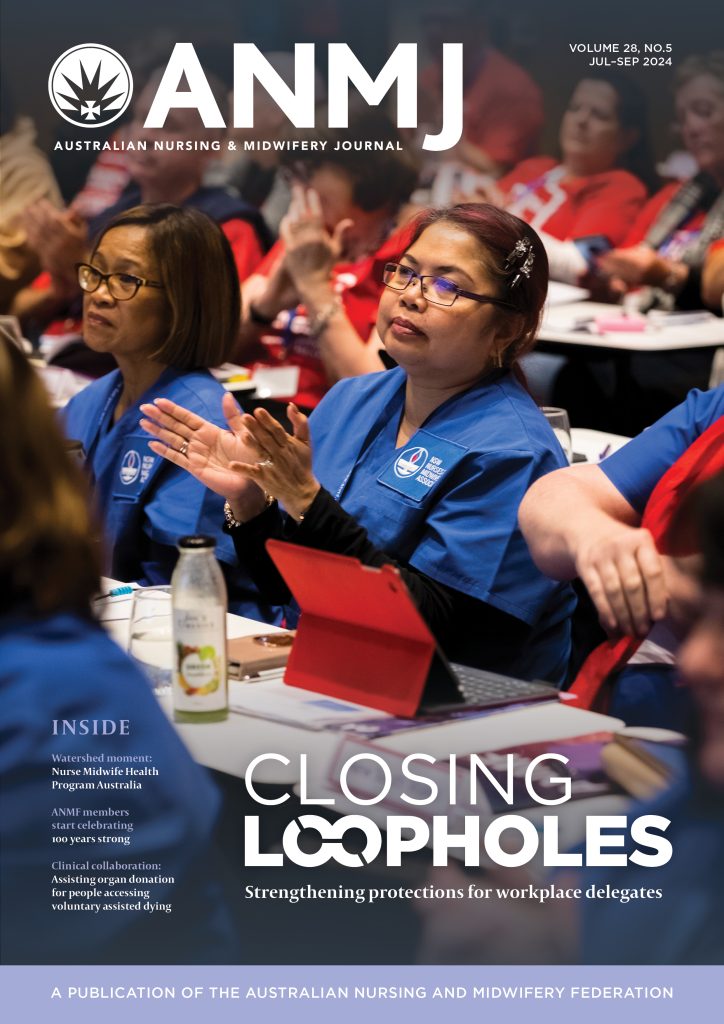The ANMF’s membership base is overwhelmingly made up of women, making gender equity an urgent and pressing priority for the ANMF.
The past 12 months have seen some significant steps forward with industrial reforms targeted at improving gender equity outcomes, specifically with the aim of creating safe and inclusive workplaces for women.
Respect@Work
Late last year, the federal government passed legislation to implement the outstanding recommendations of the Australian Human Rights Commission’s (AHRC) landmark Respect@Work: National Inquiry into Sexual Harassment in Australian Workplaces 2020.
The Respect@Work Act amends the Sex Discrimination Act 1984 to introduce:
- A new positive duty on employers and PCBUs (“Persons Controlling a Business or Undertaking”) to take reasonable and proportionate measures to eliminate, as far as possible, sexual harassment, sex-based discrimination and harassment, hostile workplace environments and victimisation. The Act expressly acknowledges that the new positive duty does not limit or otherwise affect a duty that an employer or PCBU has under work health and safety legislation.
- An express prohibition against subjecting another person to a workplace environment that is hostile on the ground of sex.
- A lower threshold for sex-based harassment, by requiring the conduct to be ‘demeaning’ rather than ‘seriously demeaning’.
The changes represent a significant and qualitative shift away from a complaint-based system where the onus has been on an individual to hold their employer to account in failing to provide a safe workplace, to one where an organisation must proactively prevent its employees, workers, agents, and the organisation itself, from engaging in discriminatory/harassing conduct.
Importantly for ANMF members, an organisation is now also responsible for protecting its employees and workers from being subjected to discriminatory/harassing conduct by third parties, such as patients, residents and their families.
A report issued by the AHRC in 2018,1 identified that four in five women have experienced sexual harassment in some form during their lifetimes. It is unsurprising that given the feminised nature of the nursing workforce, the same report identified healthcare as the industry where sexual harassment was most prevalent and that this harassment most often came from third parties.
In practice, the new positive duty will look different across organisations, depending on the circumstances. Organisations will need to periodically undertake risk assessments to identify ‘hotspots’ and manage these risks, by adopting measures that will eliminate, as far as possible, risk of sexual harassment and sex-based discrimination in the workplace.
The AHRC is in the process of producing guidance materials for employers on how they might meet their positive duty, but in a health context, these are some of the measures you should expect your employer to be taking:
- Risk Assessments – your employer should regularly conduct risk assessments within the workplace to identify reasonable measures they should be taking to eliminate, as far as practicable, unlawful conduct in the workplace.
- Evaluating and making changes to work design – this involves assessing the physical layout of the workplace and whether this could contribute to/enhance the risk of workers experiencing unlawful conduct eg. placement of security cameras in high-risk areas, increasing visibility of work areas etc.
- Reviewing systems of work – this involves conducting a risk assessment of current work practices or service provision to minimise the risk of unlawful conduct occurring (eg. ensuring female nurses are not rostered on alone to look after patients who have engaged in relevant unlawful conduct).
- Education and training – the workforce, including workplace leaders/management should be engaging in training and education regarding the positive duty and the prohibitions in place around sexual harassment and sex-based discrimination. This training should be regular, industry specific and where possible provide relevant information/examples of how employees can meet the duty in relation to each other as well as the role of the employer in protecting workers from unlawful conduct from third parties.
- Systems and processes for dealing with unlawful conduct – your employer should have accessible and confidential systems and processes in place to deal with instances of unlawful conduct. These systems and processes should be communicated regularly to the workforce. Workers should feel confident that their employer has rigorous processes in place to deal with unlawful behaviour that respect a complainants privacy whilst balancing that against a need to be transparent about addressing incidents of unlawful conduct.
Your employer should consult with you, your colleagues and your union representatives when planning, reviewing and implementing any of these measures to ensure they are complying with the positive duty.
Reference
-
Everyone’s business: Fourth national survey on sexual harassment in Australian workplaces. Australian Human Rights Commission. 2018









